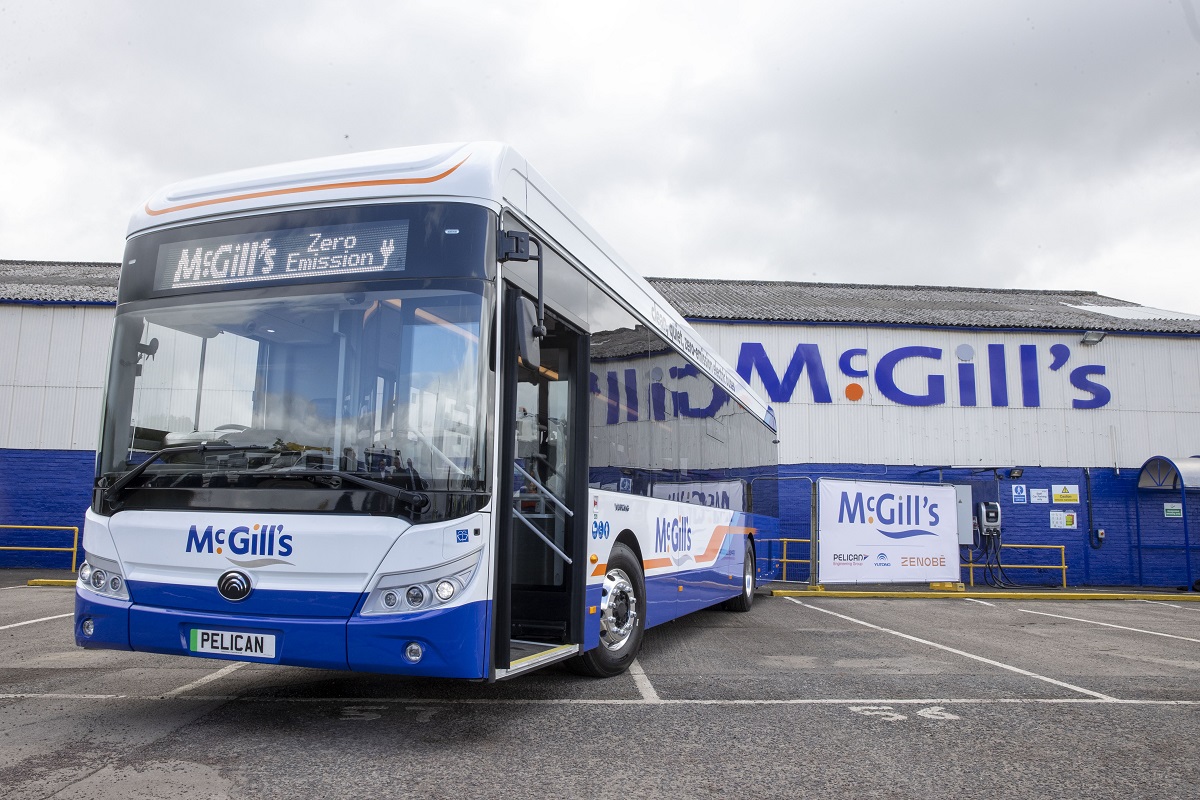McGill's Buses Glasgow and Dundee

Zenobē maximised McGill’s use of grant funding whilst following tight timelines for the electrification of three depots.
01.
The Challenge
McGill’s, Scotland’s largest independent bus operator needed to electrify three depots with 68 e-buses before October 2021. This would allow the vehicles to enter into service ahead of Glasgow hosting the COP26 conference.
McGill’s had secured grant funding through SULEB 1 & 2, which provided 75% of the infrastructure and 75% of the difference between a diesel and an electric bus, but they required additional financing to fill the gaps.
On top of this, all three sites lacked sufficient grid capacity to effectively charge the e-buses, so they needed Zenobē to procure additional capacity across all three depots.
02.
The Solution
Having 13 live depots, many of which were built concurrently, Zenobē’s project managers are confident in managing multiple simultaneous builds whilst keeping to tight timelines. This project was no different.
To ensure sufficient power for the full fleet at go-live, Zenobē worked with multiple Distribution Network Operators (DNOs). We also worked with iDNOs to lower to cost of contestable works and speed up the process.
By financing the remaining CAPEX for McGill’s, we were are able to help them maximise the number of e-buses they could put into service, increasing their positive impact on local air quality.
In numbers
03.
Key Results
- Concurrent electrification of three bus depots with 68 e-buses on a tight timeline
- Match funding and innovative finance to support SULEB grant funding
- Power procurement to facilitate on-site smart charging

